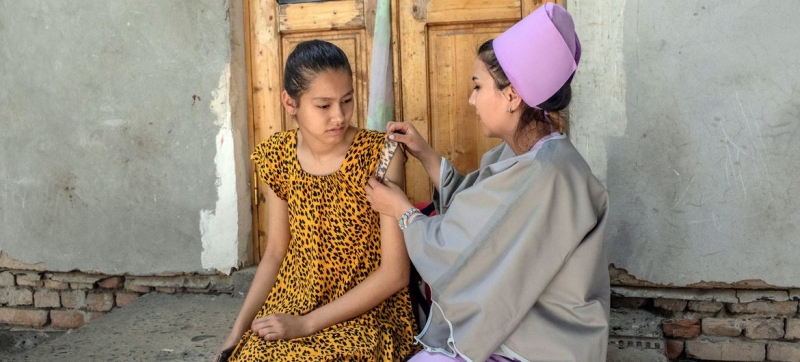
Millions of people in Europe and Central Asia face financial difficulties paying for medicines, medical products such as hearing aids, and dental care. WHO: 20 percent of households in Europe and Central Asia cannot afford health care Health
Up to 20 percent of households across Europe and Central Asia face health care costs that are too high to afford other basic expenses such as food, housing and heating, according to figures released by the World Health Organization (WHO) ahead of Universal Health Coverage Day on December 12.
WHO today launched UHC Watch, the first digital platform to track universal health coverage (UHC) indicators and health services policies in Europe and central Asia.
‘Catastrophic’ financial challenges
“No one should have to choose between paying for life-saving medicines and meeting basic needs like food and shelter. The new UHC Watch platform is a game-changer, providing policymakers with the facts and analysis they need to ensure that health systems protect people from financial hardship and provide equitable and accessible care for all,” said Hans Kluge, WHO Regional Director for Europe.
According to the WHO, millions of people – even in Europe’s richest countries – face financial hardships related to paying for medicines, medical products such as hearing aids, and dental care. The data also show that the poorest people are most likely to experience such problems.
In most countries, the incidence of “catastrophic” health spending has increased over time, increasing by an average of 1.7 percentage points. This heavy reliance on out-of-pocket payments in health systems not only leads to financial hardship among the population, but also creates barriers to accessing care.
Universal access
WHO renews its call on governments to strengthen their commitment to universal health coverage without compromising financial security.
The new platform aims to drive progress towards UHC by showing countries up-to-date information on how well their health systems are functioning and what policies are promoting or undermining the well-being of their populations.
The analysis, designed for policy-makers, analysts, academics, journalists and advocacy groups, offers timely evidence and clear recommendations.
“Health systems should protect people, not impoverish them. Yet for millions of people in Europe and Central Asia, the burden of out-of-pocket payments pushes families into poverty,” said Natassia Azzopardi Muscat, Director of the Department of Country Policy and Health Systems at WHO/Europe.
